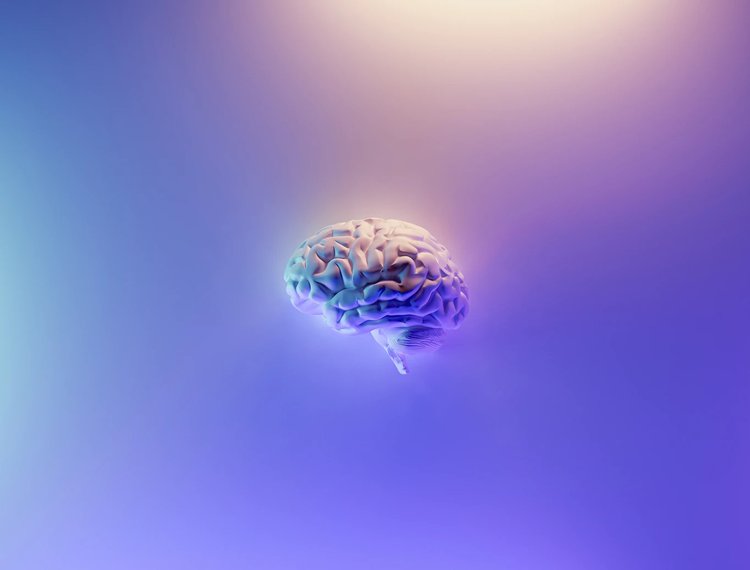Treatment for mental illness and chronic stress requires a holistic approach. Many people who struggle with depression, stress, and anxiety benefit from a combination of therapeutic support and pharmaceutical remedies. However, self-care measures and stress relief provide an important piece of the puzzle as well. Review these ten ways to boost your mood and your wellbeing when you feel stressed, depressed, or lacking self-confidence!
Go For a Walk
According to the Mayo Clinic, moving your body can stamp out stress even if you don’t usually participate in athletic activity. Exercising increases the levels of endorphins and other nervous system chemicals that improve feelings of wellness and enhance mood. Research also shows that working out helps you sleep better and feel more confident.
Walking works wonders if you feel out of shape, even if you start at a slow pace and a short distance. Other great options include lifting weights, swimming, cycling, gardening, jogging, practicing yoga, or even cleaning your house at a brisk pace. Aim for just 30 minutes a day on most days of the week and extend the amount of time as you gain strength and stamina.
Exercising outdoors is especially beneficial, so consider strolling through your local park or finding a hiking trail nearby. Stanford University research found that study participants who spent time in nature for 90 minutes had fewer ruminating (ongoing negative) thoughts than participants who walked in an urban environment for the same amount of time.
Stop Using Nicotine
While you may feel that smoking or vaping relieves stress, nicotine actually adds to the body’s physical load by decreasing blood flow and breathing rate while increasing physical arousal. The UK Mental Health Foundation reports that using nicotine as a stress reliever can make it difficult to cope with the underlying factors that lead to stress. If you have been diagnosed with depression, talk to your doctor. It could be more difficult for you to quit smoking, and you may experience withdrawal symptoms that affect your mood.
Try Herbal Supplements for Stress and Anxiety
Clinical research has identified many natural remedies for anxiety and stress. According to a study published by the journal Medical Science Monitor, lemon balm can have a calming effect for individuals who have anxiety.
Omega-3 fatty acids have long been used to promote memory and healthy brain function. In a study of medical students published by the peer-reviewed journal Brain, Behavior, and Immunity, participants reported approximately a 20% decrease in symptoms of anxiety after taking this supplement.
The Pakistan Journal of Pharmaceutical Science published research associating the antioxidants in green tea with higher levels of serotonin, a chemical in the brain that has beneficial effects on anxiety and stress. Try adding a cup of green tea to your morning routine to take advantage of this effect.
Kava kava has increased in popularity in the U.S. and Europe after a long history of use in the South Pacific. This pepper-related extract has been associated with sedative properties in animal studies.
Practice Meditation
You don’t have to be an expert to explore the benefits of meditation, even if it can seem a bit overwhelming when you first start practicing. When you meditate, you remain in a still, comfortable position and attempt to quiet both your body and your mind. Many apps and websites can help you get started with meditation with guided imagery and visualization.
Deep breathing exercises can often calm feelings of panic in minutes, and you can do them anywhere if you begin to feel anxious. If you are intimidated, start with just five minutes of silence in a quiet, comfortable place. The APA says that even a short-term mindfulness meditation program can improve experiences of mental health symptoms.
Set Small Goals
When you struggle with anxiety and depression, you may find your productivity goes way down. You may not have the energy to get coffee with friends or complete necessary tasks at home. As time goes on, you start to become overwhelmed by work, school, and relationships.
Instead of pushing yourself to get back out there all at once when you feel down, try setting just one or two obtainable goals each day. For example, don’t plan to clean the entire house from top to bottom. You risk setting yourself up for failure. Instead, plan to clean just one closet. You might find that the momentum from that small win keeps you moving.
Maintain Your Social Circle
The American Psychology Association reports that having a strong network of family and friends can help you weather times of stress. Research indicates that both giving and receiving emotional support to members of your network can help reduce your own negative emotions and promote feelings of happiness and self-esteem. Laughter with friends also has proven benefits for mental health and mood. Connecting with a friend or loved one periodically becomes even more important if you tend to isolate yourself when you feel depressed.
Develop Good Sleep Habits
Cleveland Clinic emphasizes the importance of good sleep to stave off depression and anxiety. If you take psychiatric medications, you may experience insomnia that interferes with your mood. You can improve sleep quality by:
- Limiting daytime naps
- Going to bed and waking up at the same time each day
- Keeping your room dark, cool and quiet
- Powering off electronic devices at least an hour before bedtime
Experiencing stress during the day also affects your ability to sleep well, so using some of these methods to reduce stress might also improve your nightly rest.
Start Chewing Gum
It might sound silly, but clinical studies show that chewing gum can boost your mood. Data gathered by a team at Swinburne University associated the act of chewing gum during challenging situations with higher performance, increased alertness, lower cortisol levels, and lower levels of stress and anxiety. Another study, appearing in Physiology & Behavior, associated chewing gum with serenity and contentment. Some scientists think that this effect results from increased blood flow to the brain.
Consider Aromatherapy
Certain scents have calming properties that can even boost serotonin levels in the brain for a relaxing effect. Healthline recommends using these essential oils in your aromatherapy practice:
- Geranium
- Orange blossom
- Ylang ylang
- Sandalwood
- Frankincense
- Neroli
- Chamomile
- Lavender
- Bergamot
- Vetiver
- Rose
Invest in an essential oil diffuser or dab a few drops of a skin-safe scent on your wrists.
Eliminate Caffeine
Drinking coffee or soda can worsen symptoms of stress and anxiety. According to the Mayo Clinic, the caffeine in these beverages and foods like chocolate is linked with sleep problems that can exacerbate mood disorders. To complicate matters, however, you can become depressed if you regularly drink caffeine and quit suddenly. In this situation, talk to your doctor or gradually lower your daily intake of soda or coffee.
Visit Our Experienced Staff at Elevate Psychiatry
In addition to these natural self-care measures, treatment for mental illness often requires a clinical approach. At Elevate Psychiatry, we strive to help our patients overcome these issues with the latest evidence-based methods, medications, and modalities. If you live in the Miami area, contact us today to schedule your virtual consultation with our health care providers.
Featured Image: Michelledry/Getty Images










